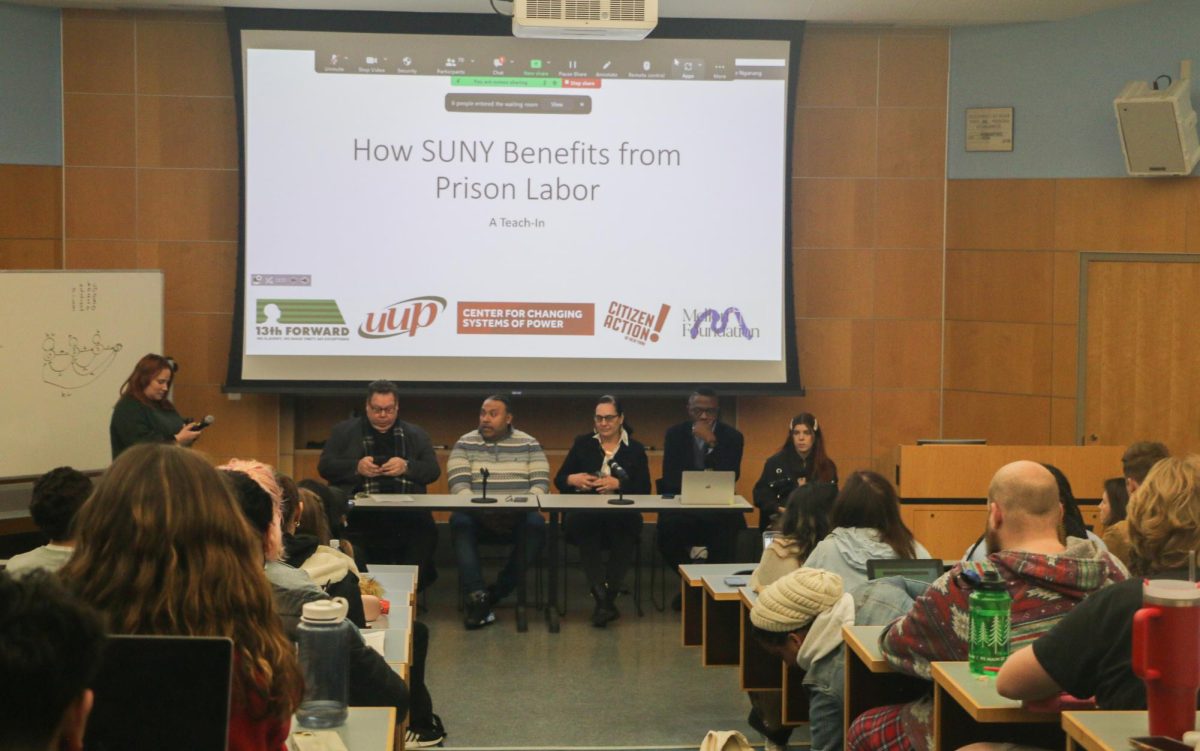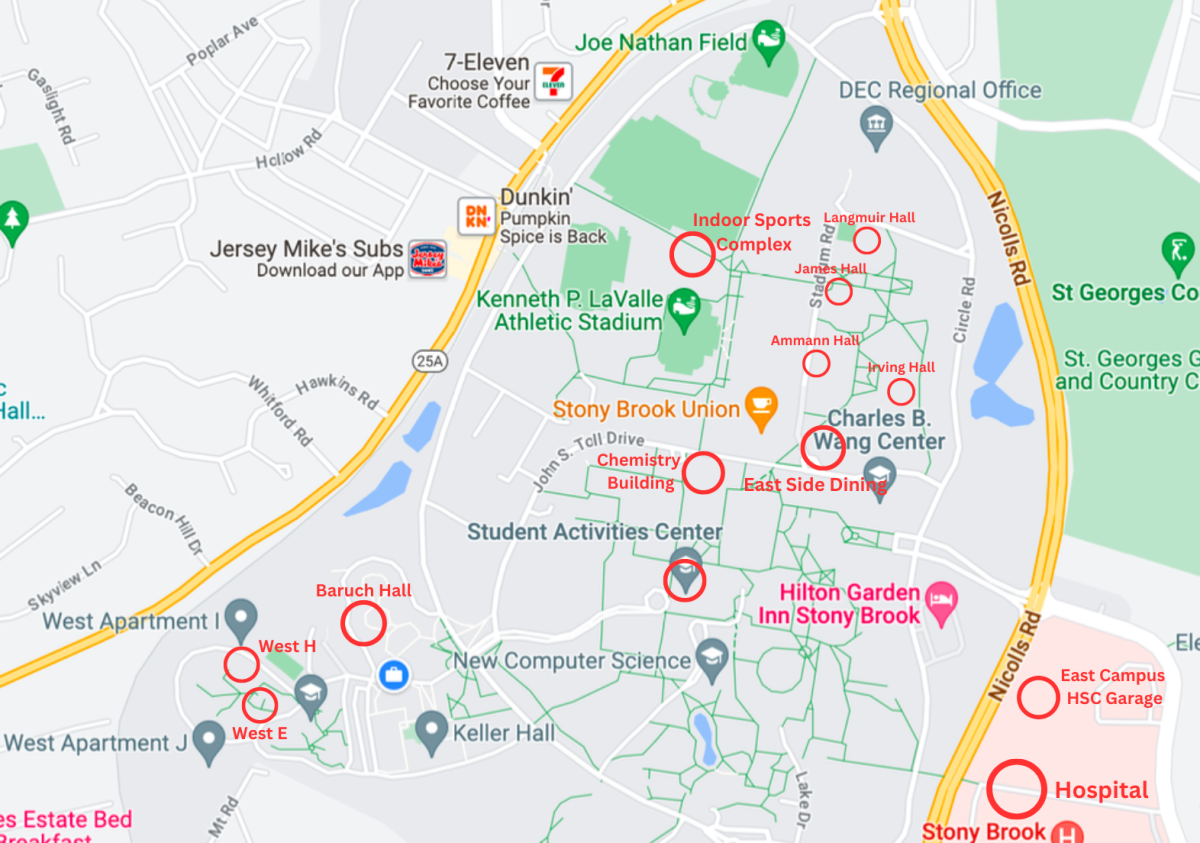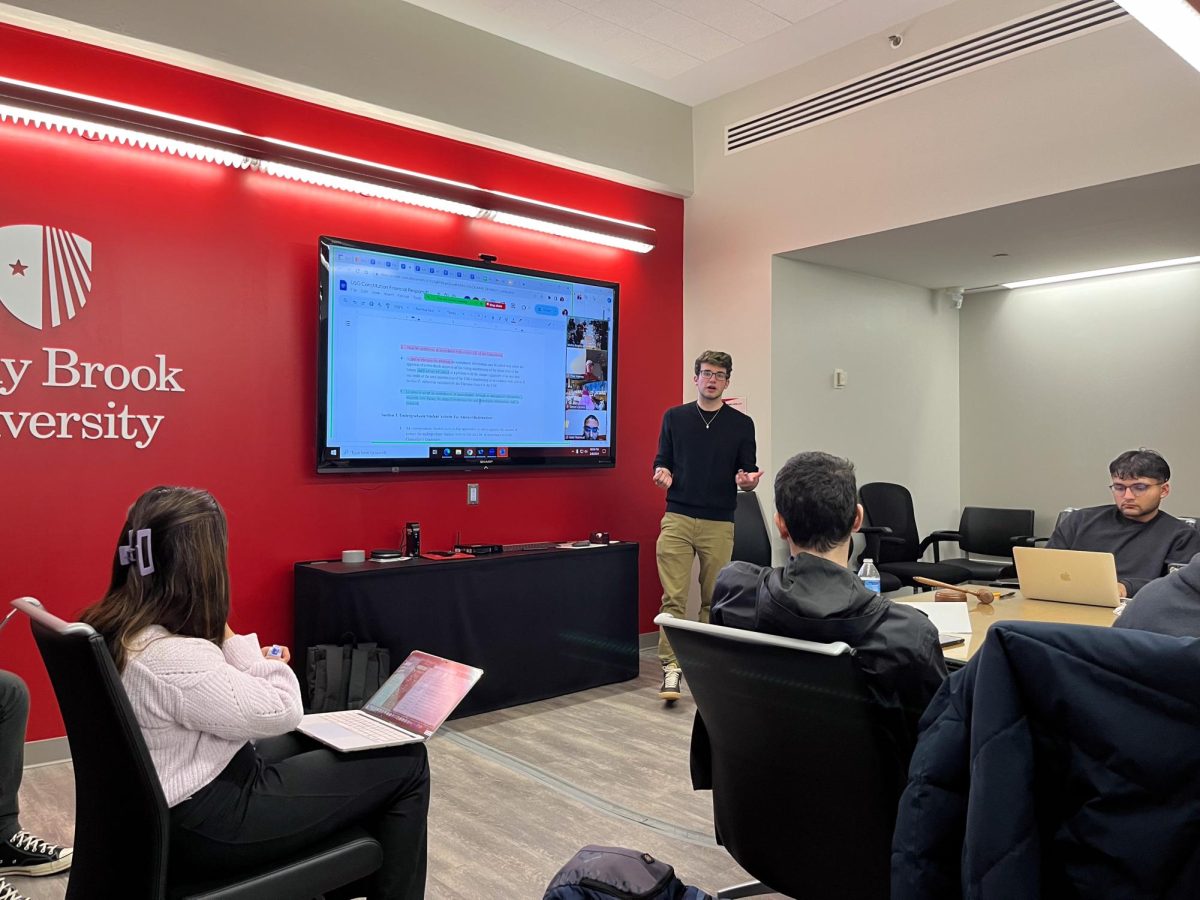Since 2004, schools in the Health Science Center have experienced a drop in funding for equipment needed for students to learn proper clinical skills.’
In 2004, the School of Nursing spent 1.6 percent of its budget on’ equipment.’ In 2007, this number decreased to 0.8 percent.
The newly built Clinical Skills Center (CSC), used only for the School of Medicine, took 4 million dollars of funding over two fiscal years for its equipment. Students in the School of Nursing continue to use outdated equipment.
According to the medicine school’s Associate Dean of Finance John Reilly, three million of capital money was used for construction of the CSC, and around one and a half million from quality of life funding went to technology and audio between two fiscal years.
Reilly said that the CSC had a strong proponent in the School of Medicine Dean Norman Edelman.’ Edelman, apparently, had been pushing for the center for a long time.
Reilly said that the quality of life funds go to the provost’s office where all the schools in the HSC are vying for the same quality of life funds.’ ‘It is very political,’ he said.
In the CSC, students learn to diagnosis and acquire bedside manners with trained actors playing the parts of patients. The CSC features 6,000 sq. feet, including exam rooms, computer stations and conference rooms. It contains one simulated operating room and one emergency room with one-way glass for viewing and critiquing student patient assessments. They also have simulated male and infant patients.
The CSC is supposed to be used not only as a resource for the specialized training of physicians and other healthcare professionals such as nurses. However nursing student Sofia Reyes stated that 10 lab beds in the nursing school are lacking.
Reyes said, ‘We don’t have blood pressure equipment, enough physical assessment items..tuning fork, the reflex hammer, otoscopes etc. We also have outdated equipment in the bed lab’hellip;our dummies are old and a lot of them are outdated, making them completely obsolete.’
The coordinator for the nursing lab and exam rooms, Kathy Miller, was unavailable for comment.
The School of Medicine’s Associate Dean for Educational Development and Evaluation, Elza Mynoa, said that money from Albany only covered the building of the skills center. The money for technology came from the medical school funds from courses and other resources.
Mynoa emphasized, ‘The dean gave me a budget that covers the medical school needs and we don’t have the money for nursing school to use it.’ An advisory committee was put together to develop financial policies for the CSC.
The coordinator and trainer Pat Bly said the committee has a lot of pieces to work out. The two meetings held have not done much to help bring nursing students and other schools into the skills center.
Bly said, ‘it’s owned by the school of medicine.’
Mynoa stated that’ ‘what we need to do is see if we could get a grant with other schools. Dean Fine is also interested in integrated projects to help the other schools use the CSC equipment.’
However because of summer and busy schedules, Mynoa said it would be some time before the committee will finalize policies for schools like nursing to use the CSC. So as students of the School of Medicine practice their clinical skills in the CSC, other schools suffice with what they have.
Reyes said, ‘It’s difficult to learn on a dummy that is falling apart or has been injected so many times’hellip;since nursing has become more technologically advanced, it’s hard to learn with this equipment.’













